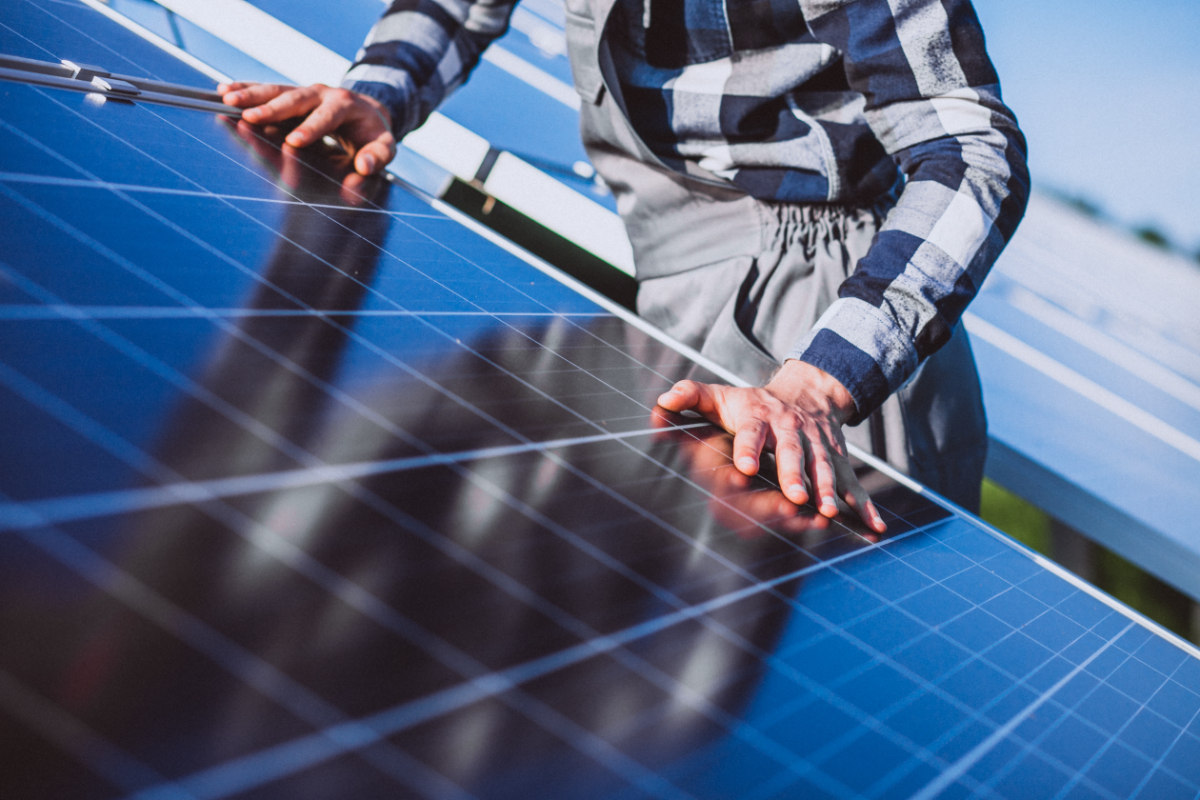What to consider before installing solar panels? Whether you're a homeowner or a business owner, our guide provides valuable information to make an informed choice and harness the power of solar energy. Illuminate your path to eco-friendly living – explore 'What to Consider Before Installing Solar Panels' and make the switch today!
Are Solar Panels A Good Investment?
Deciding if solar panels are a worthwhile investment is primarily influenced by numerous factors, such as your geographical location and the time it will take to recoup the initial investment cost. This is typically known as the break-even point. In essence, your individual circumstances play a crucial role in this decision.
In particular, certain geographical areas, such as those that receive a substantial level of sunlight, are more likely to result in a higher return on investment when installing solar panels. The electricity generated by these panels can be used to power your home, thereby reducing or even negating the need for additional electricity from your utility provider. The savings accrued on these electricity bills can then offset the initial expense of installing the solar panels. This offsetting over time is what is often referred to as the break-even point.
Nevertheless, the time at which this break-even point occurs can vary depending on several factors. These could include the cost of electricity in your area, the size and efficiency of the solar panels installed, the amount of sunlight your home receives, and the initial cost of the solar panel system. Therefore, it's recommended to calculate these factors accurately to attain a more realistic understanding of when you might reach your break-even point.
Importantly, the installation of solar panels should not be viewed as solely a financial decision. The broader picture depicts an environmentally responsible choice, contributing to our collective efforts towards a more sustainable future. By harnessing the power of the sun, a renewable energy source, we reduce our reliance on fossil fuels, diminishing carbon emissions and other harmful pollutants.
This solar energy transition can, therefore, make a significant contribution to mitigating the adverse effects of climate change and promoting environmental sustainability. Whether solar panels are a beneficial investment depends largely on individual circumstances, mainly geographical location and the time to reach the break-even point. However, it remains a responsible environmental choice, contributing to a more sustainable and clean energy future.
The Cost Of Solar Panel Installation
When considering the installation of solar panels in your dwelling, a paramount factor to ponder is the expenditure it incurs. This outlay can be influenced by several elements. Foremost, the total amount of panels needed is determined by your residence's energy requirements.
Greater energy consumption denotes an increased number of units and subsequently, a higher cost. This is considered one of the primary factors affecting the cost of solar panel installation. The kind and grade of the solar panels utilised also have a bearing on the sum you can anticipate paying.
While panels of superior quality might appear costly at first, they tend to outlast and perform considerably better over time. In conclusion, the labour and installation charges can fluctuate greatly depending on the intricacies of the assignment.
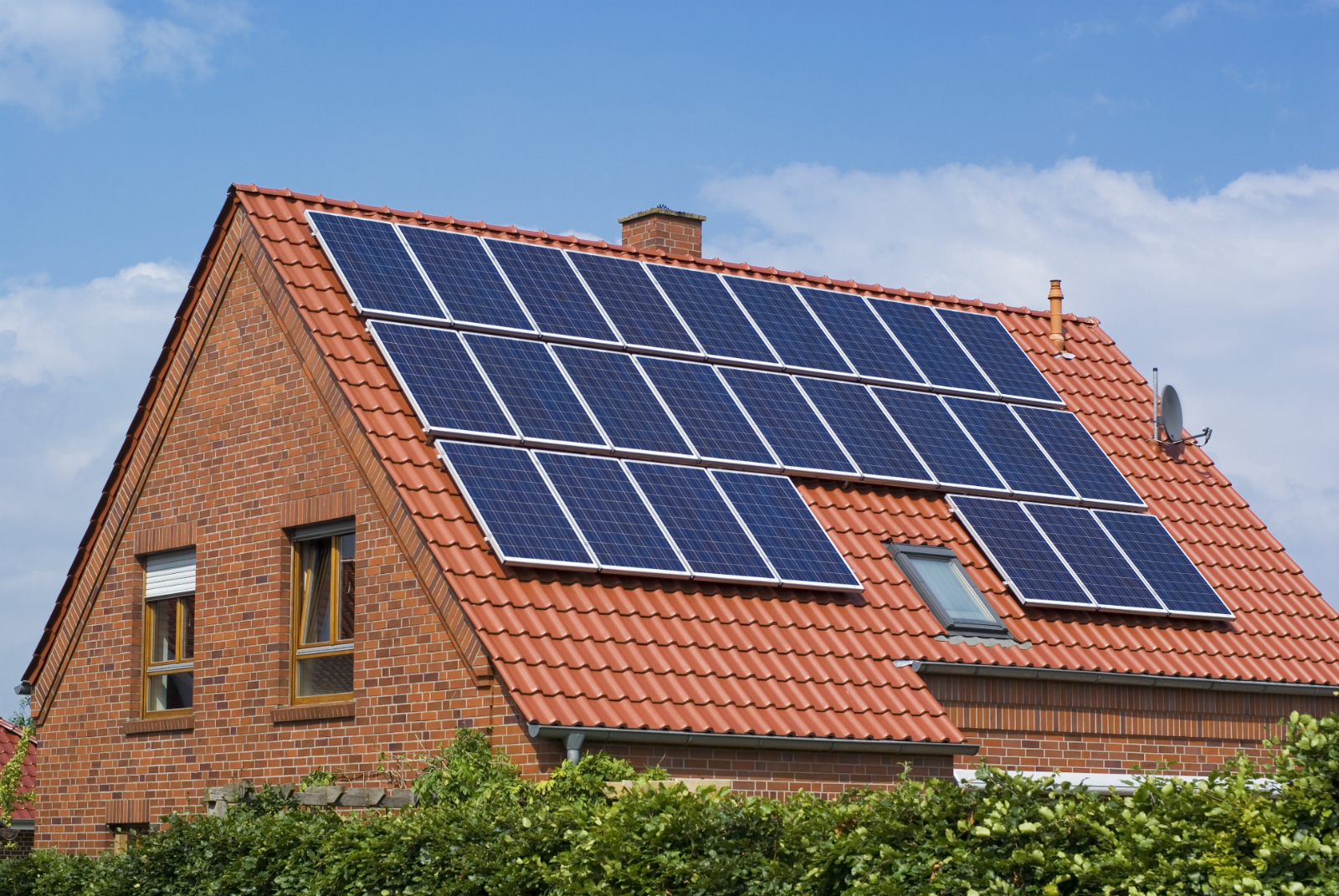
Roofs that are wide and easy to navigate usually incur lesser charges for panel installation compared to those of irregular shapes or those challenging to access. Therefore, in deciding to transition to solar energy, closely assess your home's energy needs and structure. Opting for a higher quality option may seem pricey in the beginning, but in the long run, it's a sensible decision given its durability and efficiency.
Finally, be aware that installation costs vary, taking into regard the features of your roof and the complexity of the project, allowing for a more accurate forecast of the potential investment.
Choose A Qualified Installer
Selecting the right installer is a vital step when you decide to install solar panels at your home. The expertise of the installer can significantly impact the efficiency and durability of your solar-powered system. Therefore, it is essential to ensure that the installer is qualified and accredited by a trusted authority such as the Microgeneration Certification Scheme (MCS). The MCS is a reputable certification scheme, widely acknowledged in the industry. An MCS-certified installer is compelled to adhere to stringent quality standards in both their workmanship and customer protection protocols.
Hence, hiring an MCS-accredited engineer provides a certain level of assurance regarding the quality of the installation service. Moreover, a skilled installer is an asset in several other ways. They bring a wealth of knowledge and experience to the project, guiding you towards the most suitable type of solar panels for your specific needs. They will consider factors such as the size and orientation of your roof, the local climate, and the typical level of sunlight in your area, to advise the most effective solar panel system for your home.
Additionally, they can provide indispensable advice on how best to optimise the performance of your solar panels. This could involve determining the perfect placement for maximum sun exposure or recommending specific equipment to enhance the system's overall effectiveness. In conclusion, the installation of solar panels is a substantial investment, and hiring a reputable, MCS-accredited installer is a crucial part of the process.
Some Homes Are Not Suitable
While many homes could see substantial enhancements from installing solar panels, it's crucial to understand that unfortunately, not every property is suitable for this type of renewable energy source. Various factors could potentially affect how beneficial the installation of solar panels can be for a property.
One of the most significant factors is undoubtedly the orientation and angle of a property's roof. This aspect can significantly impact the effectiveness of solar panels.
For instance, homes in the UK with north-facing roofs generally receive less sunlight than their counterparts with roofs facing the south. This disparity in sunlight absorption between different orientations can reduce the amount of power the solar panels can generate, hence affecting the overall effectiveness of the system.
In addition to this, local obstructions such as trees or tall buildings can cast shadows over the panels, consequently reducing their productivity. These obstructions, depending on their size and location, can significantly hinder the functionality of the solar panels.
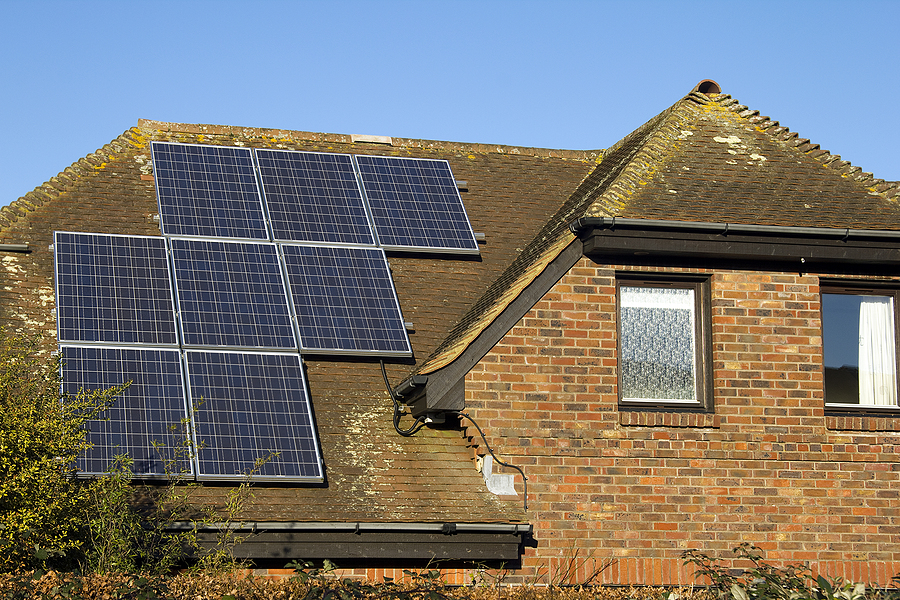
Given all these considerations, it's strongly recommended to have an evaluation of your home's suitability before making any definitive decision about solar panel installation. This evaluation should be conducted by a certified professional with relevant experience in the field. Remember, while solar panels can be an excellent green energy solution, in making this transition, an informed decision is always the best approach.
In summary, while many homes can benefit greatly from solar panels, not seeing these benefits doesn't necessarily mean your home is defective or inadequate. Instead, it merely suggests that different circumstances and conditions can affect the return on investment from installing solar panels.
Factors To Consider Before Installation
Before deciding to install solar panels, there are several crucial factors that must be factored in. In addition to cost and home suitability mentioned previously, it's key to think about any potential future developments regarding your property. For instance, if you are contemplating expanding your home or redoing your roof, it might be more practical to postpone solar panel installation until these projects have been finished.
This is because alterations to the structure of your house might necessitate the repositioning or even removal of installed panels, potentially increasing costs. Understanding the connection to the grid is another fundamental aspect. Clarity on how any surplus energy produced will be handled is paramount. You need to know if it will be fed back into the grid, stored for later use, or lost.
Further to this, it is important to check if you qualify for any feed-in tariffs. Some utility companies will pay you for the electricity you generate but don't use it yourself. Lastly, the durability and maintenance of the panels must also be assessed. Generally, solar panels are considered low maintenance. However, to ensure optimum performance, they need to be kept relatively clean and free from shade. Dust, dirt, and debris can limit their efficiency, so regular cleaning is necessary.
Furthermore, any shade on the panels limits the amount of sunlight that can be converted into electricity, thus reducing their effectiveness. As with any sizable investment, making an informed decision about installing solar panels requires careful consideration of these aspects. It's advisable to consult an accredited installer to provide expert advice tailored to your specific circumstances and needs. They can provide a comprehensive understanding of the complexities involved, thus ensuring you are equipped with all the required information to make an informed decision.
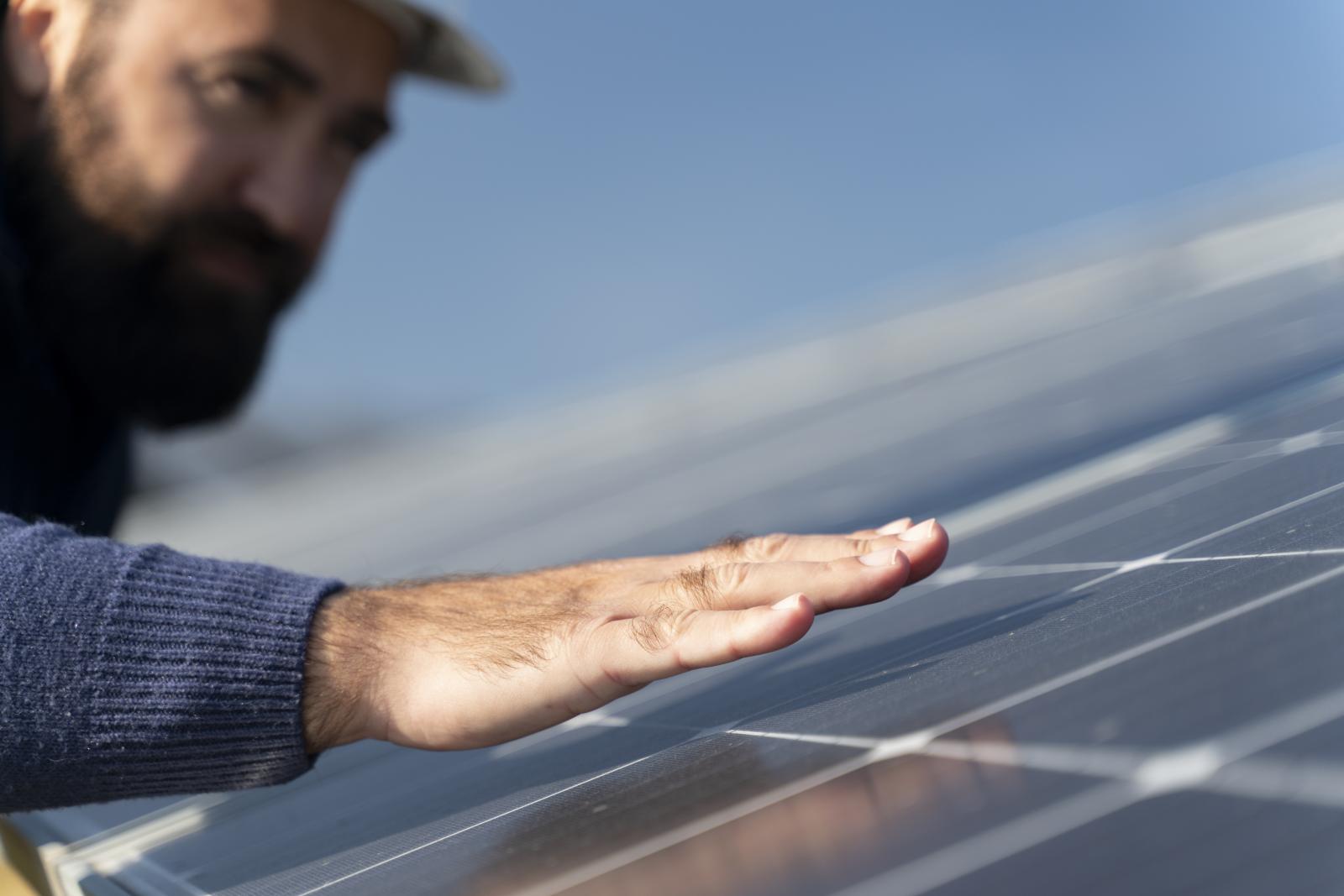
Qualified Solar Panel Installers
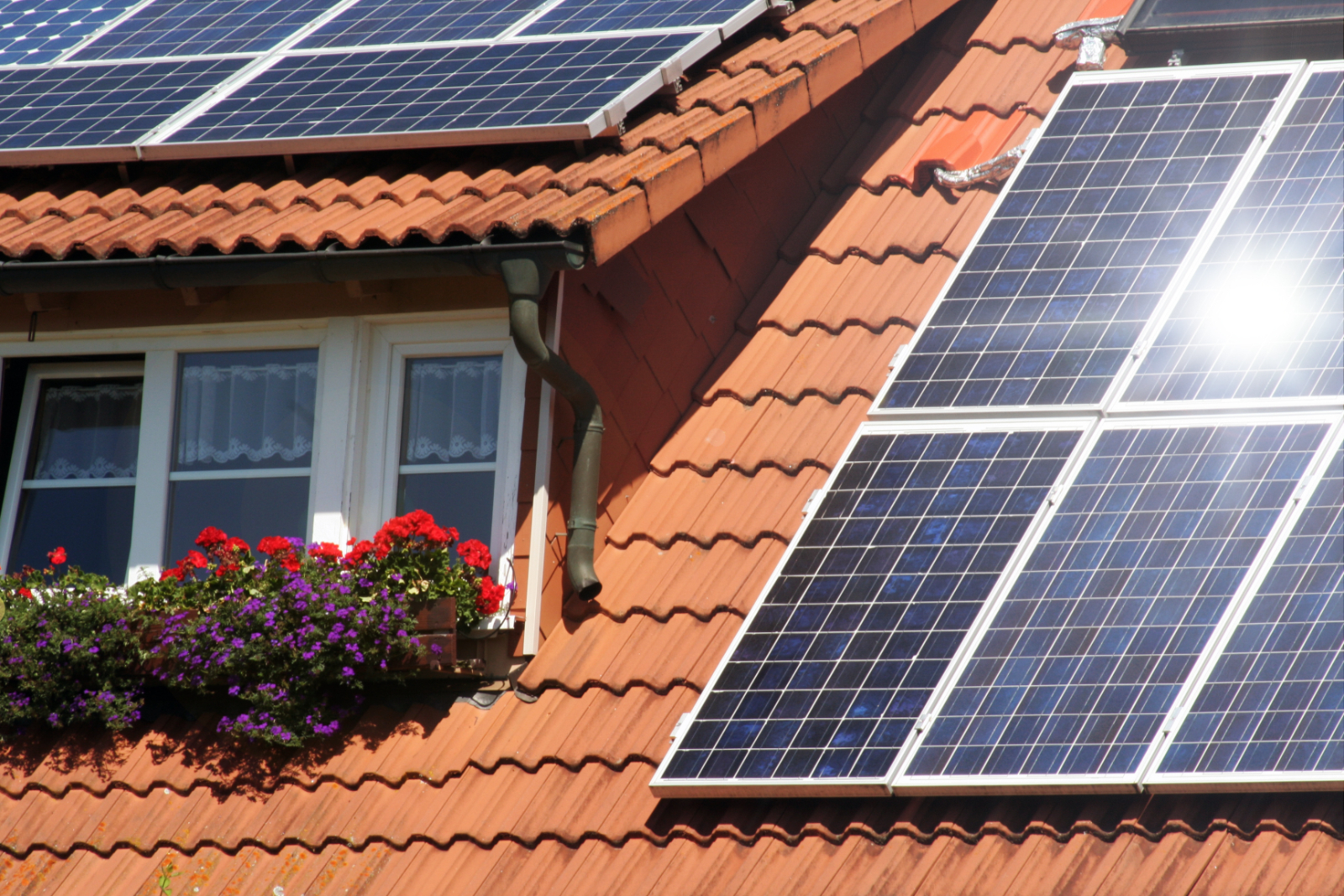
Are Solar Panels Right For Your Home?
Do you need solar panel installers in Wigan? If you are looking for professional solar panel installations to power your electrical appliances, Wigan Electrical Experts is here to help. We offer professional electrical installations in Wigan and the surrounding northwest for domestic and commercial clients.
